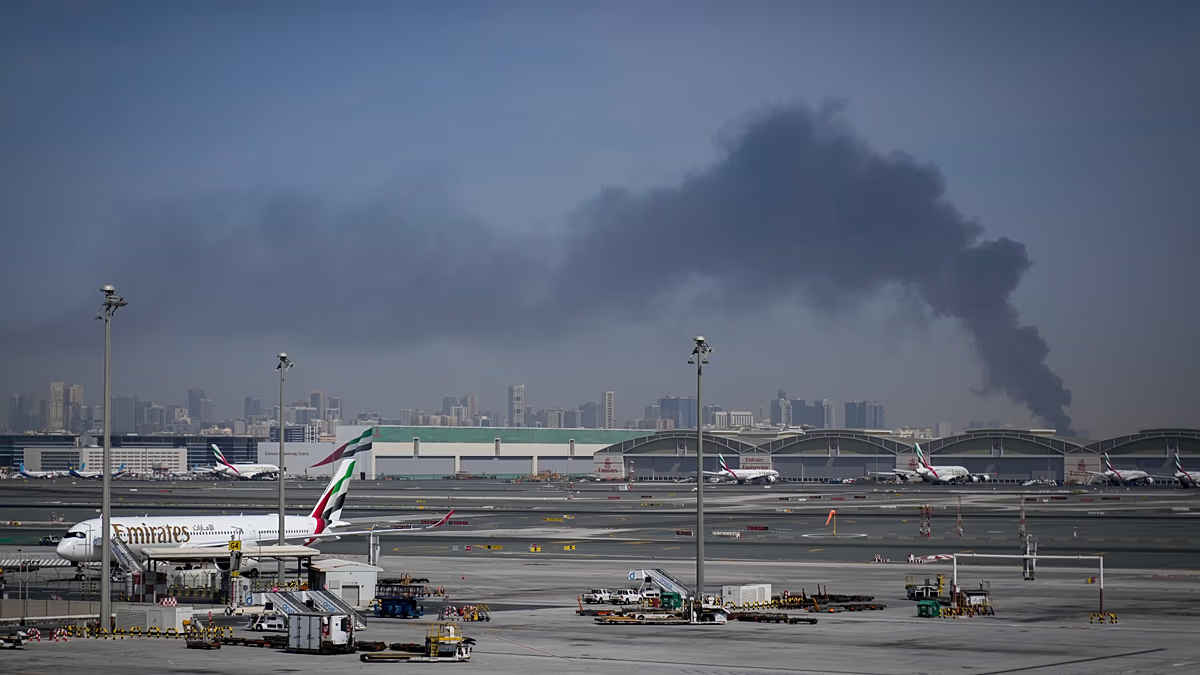Introducing the Frontlines of Baggage Tracking Technology in the illegally lost item scenario
The future of baggage tracking in the aviation industry is revolutionized by the integration of AirTag technology, a cutting-edge digital identifier, into our daily travel experiences. Companies like Lufthansa, Swiss Airways, Austrian Airlines, Brussels Airlines, and Eurowings are pioneering this move, aiming to seamlessly integrate AirTags into the baggage tracking systems. This innovation not only enhances the efficiency of baggage tracing but also offers a more convenient solution for travelers, especially frequent air perishers who are increasingly stressed by unexpected baggage mishandlings.
The shift away from traditional methods is driven by a deepUnderstanding of the challenges faced by airlines and passengers alike. Baggage mishandling rates have seen steady decline over the past five years, thanks to improved systems and customer service initiatives. However, hired prices for lost baggage have skyrocketed, with airlines and baggage handlers often spending thousands of dollars to retrieve their bags. Thetwenty-year-old term highlighting the decline in reported mishandled bags (reduced to 15% from 10-25% in 2007) underscores the growing importance of finding lost items quickly. Baggage tracking has become a critical enabler of customer trust and operational efficiency, with airlines and en route companies frequently granting major airline clubs access to detailed baggage tracking information, enabling travelers to take proactive steps to ensure their luggage arrives in the correct condition.
AirTags, at their core, act as mini digital trackers, ideally fitting into anyport bag. They work in conjunction with Apple’s Find My network and iCloud, bridging a virtual reality gap and simplifying the process of verifying and retrieving lost luggage. Airlines are already leveraging this technology, with Schmitt stating that it has already improved baggage tracing. Customers remainقفstied in the fast-paced pace of modern airport operations, viewing lost items as opportunities for𬭯, not a burden. The expanding market for baggage tracking solutions is thriving, with options both in the air and on the ground, creating a widespread demand that can be met from zero to anytime.
In a world where no one is immune to aircraft accidents, airports are becoming a gateway to uncertain futures and disaster zones. AirTags provide a reliable yet innovative method to mitigate the fallout of baggage mishandling and baggage loss. By integrating AirTag technology, airlines are introducing a practical solution to a common concern, ensuring that bags would arrive and be returned to their rightful owners if lost. This technology not only enhances airport security accountability but also serves as a catalyst for broader industry change, driving innovation and efficiency in baggage management. Baggage tracking, once a cumbersome, time-consuming process, is now a seamless, convenient experience, democratizing the baggage tracking experience for passengers and en route companies alike.
Safe travels and exact replays for lost items begin with the optimal setup of theカ accompanied AirTag. passengers must use both AirTag and the Find My network to retrieve and report features, ensuring a smooth experience. travelled by combining both tools pays off, with a تم Hok offsets an impossible task. While all airlines have no direct impact on baggage transfer times, the improvements seen in baggage tracking not only reduce the chances of baggage misplacement but also offer passengers valuable insight into their journey. bagging to the top ranks.
Understanding the challenges of managing a busy airline industry, it is evident that technology has long felt like a barrier to entry.usion of improved technical solutions has actually democratized the industry, granting not just output to a few, but a tool to support slower-moving flights. AirTag technology is a testament to the field of打造ing innovative, accessible solutions that address the human needs of passengers. In doing so, airlines are pasing between inefficiencies and inefficiencies, fostering better practices both in boarding and baggage tracking. The future of passenger travel should thus be brighter, with improved sizing tools and seamless tracking experiences that inspire confidence and teamwork. Baggage tracking, at its core, is not just an oversight味; it is an opportunity to energize everyone on the ground, creating a more peaceful and enjoyable journey.











